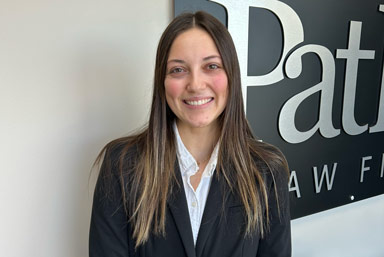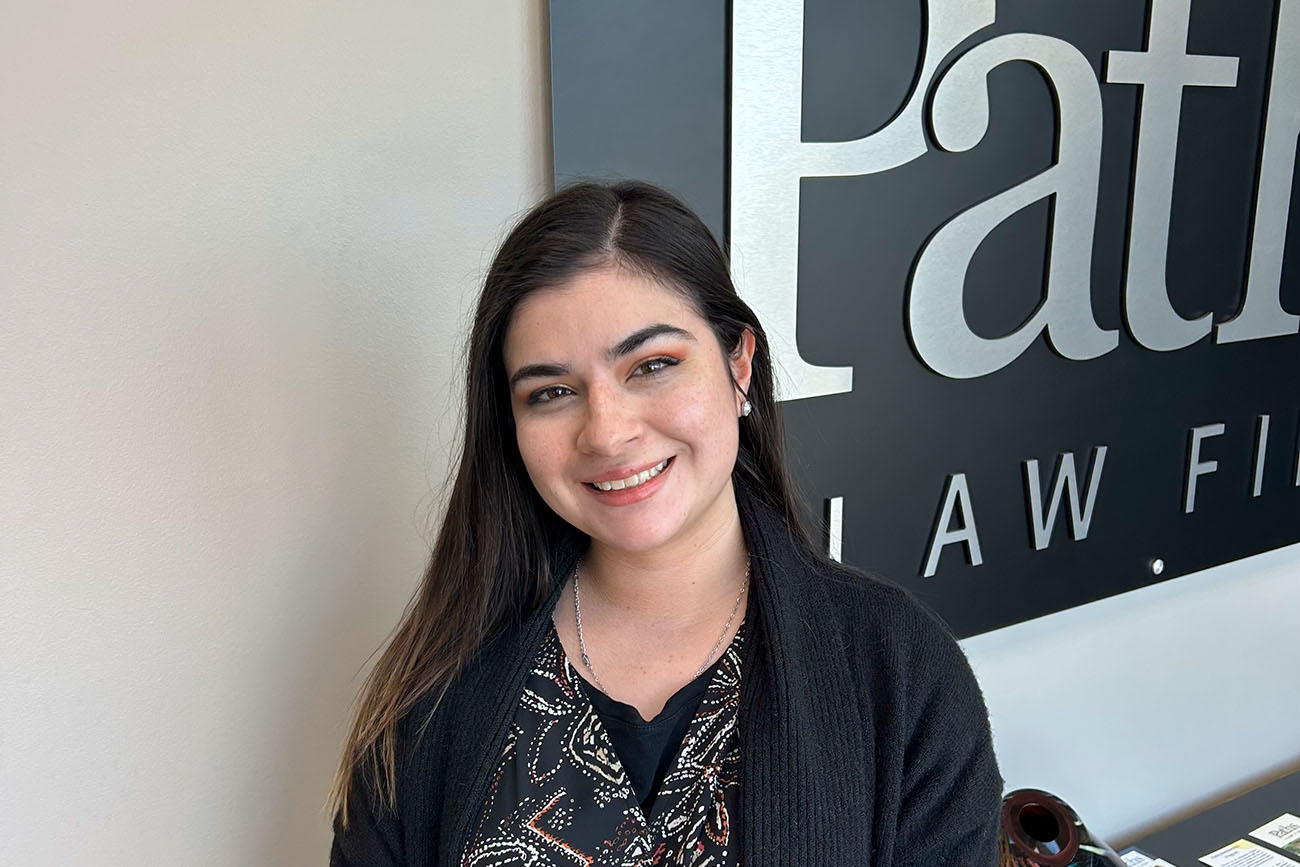When it comes to planning for end-of-life care, there are important factors to consider, including Medicare coverage and estate protection. Specifically, understanding Medicare and nursing homes and implementing strategies to protect assets and engage in estate planning for nursing home care are key components. By exploring these topics, you can ensure that you are well-prepared and equipped to make informed decisions about your future care and the preservation of your estate.
Medicare’s Coverage for Skilled Nursing Facility Care
When it comes to nursing home care, Medicare provides coverage for skilled nursing facility (SNF) care, but only in specific situations. Skilled nursing facilities offer specialized care and rehabilitation services for individuals recovering from an illness or surgery. Understanding Medicare’s coverage for skilled nursing care is crucial. By understanding the scope of coverage, you can make informed decisions regarding nursing home care options for yourself or your loved ones. It is important to note, as it is often confused, but this is completely different from Medicaid coverage for skilled nursing costs. Medicaid is more for long-term or custodial care.
Eligibility Requirements for Medicare Coverage of Nursing Home Stays

To qualify for Medicare coverage of nursing home stays, certain eligibility requirements must be met. These requirements include the need for a prior hospital stay and meeting the medical necessity criteria. Individuals must have a prior hospital stay of at least three consecutive days. This hospital stay is a requirement for Medicare to consider covering the subsequent nursing home care. Individuals also must require skilled nursing care or rehabilitation services that can only be provided in a skilled nursing facility. These services must be directly related to the initial hospital stay or a condition that arose during that stay. Meeting these criteria is crucial to ensure ongoing Medicare coverage for nursing home care.
It is just as essential to understand the duration and limitations associated with this coverage. Medicare coverage for nursing home stays is typically limited to a certain number of days. Medicare provides coverage for up to 100 days of SNF care per benefit period. However, it’s important to note that this coverage is subject to medical necessity and improvement requirements. If an individual’s condition does not improve or if they have reached the maximum level of improvement, Medicare coverage for SNF care may be discontinued. Additionally, Medicare does not cover long-term custodial care in a nursing home, focusing instead on short-term rehabilitation and skilled nursing services. The Medicare Advantage plans are also known as Part C. Under Part C, Medicare pays a private-sector health insurer who then pays for the health care expenses of enrollees under differing terms.
It is important to understand the differences and the limitations of Medicare and Medicaid so you can plan and budget for potential out-of-pocket expenses related to long-term nursing home care. There is no asset protection needed or available for Medicare services outside some personal injury cases. The only asset protection related to Medicare would be done while choosing a Medicare Advantage plan or a Medicare supplement. Medicaid is quite complex, but there are some less complex methods people can utilize to protect themselves in qualifying or reimbursing Medicaid.
Asset Protection Strategies to Qualify for Medicaid Benefits While Preserving Assets
There are several strategies you can employ to protect your assets while qualifying for Medicaid benefits:
- Medicaid Asset Protection Trust (MAPT): A MAPT allows you to transfer assets into an irrevocable trust, removing them from your estate while still retaining some control and receiving income from the trust. These assets are then not considered when determining Medicaid eligibility. The 5-year “look-back” is not always a concern when considering a trust. The Medicaid law does allow for proper planning, some of which does not require 5 years.
- Spousal Impoverishment Rules: If you have a spouse who will continue to live in the community while you require nursing home care, certain rules protect a portion of your assets and income for the well-being of the spouse at home. The spouse’s “home” could even include senior living apartments or assisted living facilities.
- Estate Planning: Proper estate planning can help protect assets. This may involve setting up a living trust, which can provide control and flexibility over your assets while protecting them from Medicaid spend-down requirements. The most important estate plan document one can have is a general (or financial) durable power of attorney.
- Gifting and Transfer of Assets: By gifting or transferring assets to family members or loved ones, you can reduce your asset value and meet Medicaid’s asset limits. However, it’s crucial to consult with an attorney and understand the Medicaid look-back period and any potential penalties for improper transfers.
- Long-Term Care Insurance: Investing in long-term care insurance can provide coverage for nursing home care while preserving your assets. This type of insurance can help cover the costs associated with long-term care, ensuring that your assets remain protected. We especially recommend this option if a client can still qualify and can afford the policy.
It’s essential to consult with an experienced elder law attorney who specializes in Medicare and Medicaid planning to determine the most suitable asset protection strategies based on your specific circumstances and goals. Medicaid rules and regulations can be complex, so seeking professional guidance is highly recommended. At Paths Law, we are experts in the field of Medicare coverage and nursing home care! Contact us today to get started.



































